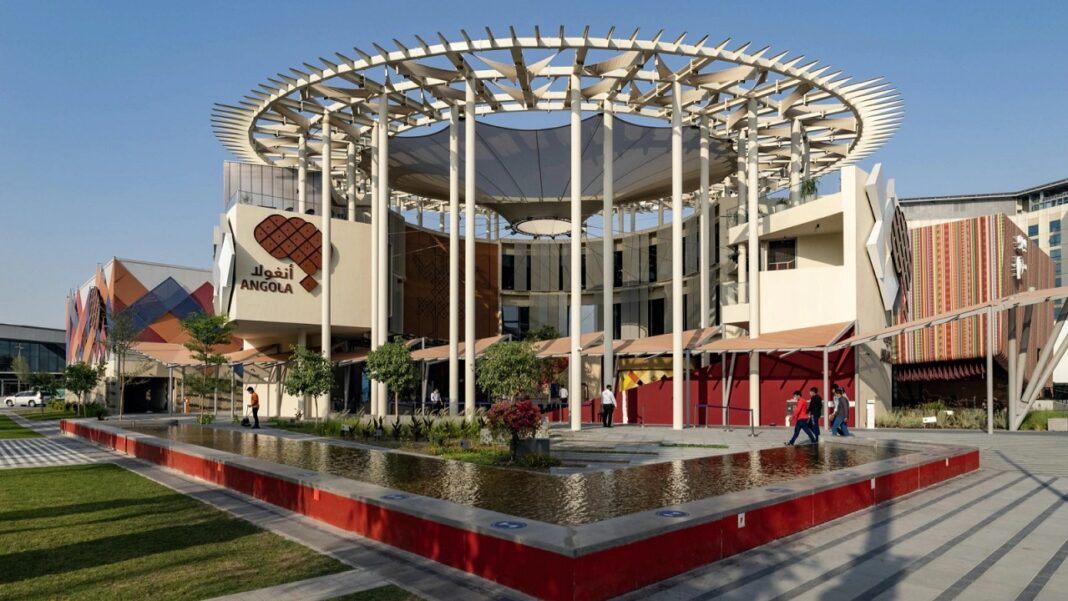DUBAI, UAE – Angola Pavilion at Expo 2020 hosted the Angola Coffee Week or Café de Angola in collaboration with the Ministry of Foreign Affairs of Angola. During the week, the pavilion hosted a series of talks and round tables with Angolan officials and experts along with several coffee tastings.
In the opening session of the programme, the Commissioner-General of Angola, Albina Assis Africano, highlighted the cultural and economic role of coffee in producing countries, with the public praising the organization for the initiative. Speakers from Ethiopia, São Tomé and Príncipe, Costa Rica, Mexico, Saudi Arabia and Egypt participated in the session, as coffee producing countries.
The primary goal of the fair was to introduce the attendees to Angolan coffee and show them what sets it apart. It provided people with a comprehensive understanding of the history, economics, best practices, cultural significance and taste of the various coffee plants and roasts from Angola.
Coffee has been a significant part of Angolan culture for centuries. However, the country’s coffee production had decreased since the 1970s when it was the fourth-largest producer of coffee in the world. In recent decades, with Angola’s newfound political and economic stability, industrial coffee production is once again thriving.
Speaking on the expectations for the Angola Coffee Week, Ambassador Carlos Sardinha, Director of International Cooperation said, “We want to use this opportunity at the Expo to spread the word about Angolan coffee, increase our market share and bring it back to its heights.
Albina Assis Africano, Commissioner-General of Angola said, “Angola has the ideal climate and soil for coffee cultivation. Our coffee culture is based on sustainability and bean quality to provide coffee lovers with the best in the world, but we have not yet realized our potential.”
The country is known for the cultivation of Robusta coffee, which accounts for 90-95 per cent of its commercial coffee production and the Arabica variety, which is grown in familial farms.
Arabica coffee is known for its acidity and for being a smooth coffee with lower levels of caffeine. The Robusta coffee on the other hand has rather distinctive natural characteristics with a good body, low acidity, and a slightly more bitter taste than the Arabica. Unlike Arabica, Robusta boasts a good amount of caffeine.
Seven brands of red berry participated in the event, namely Café Ginga, Café Bela Negra, Café Calulo, Café Gabela, Novagrolíder, Cáfrica and Tumbwaza. The activity ended with a musical performance by Daniel Nascimento


















